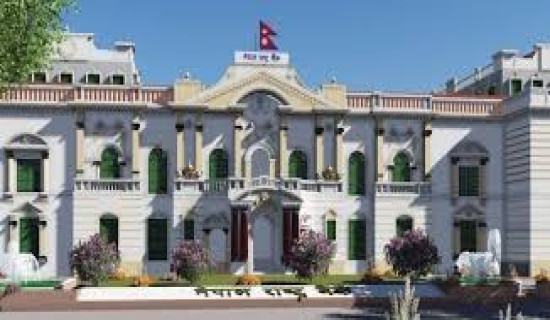- Tuesday, 17 February 2026
Transplant Service Saves Many Lives
Organ donation and transplantation has become more critical for patients suffering from serious organ disorders or failures, since they are regarded highly crucial life-saving therapies accessible in medicine today. A successful organ transplant requires competent surgeons, sophisticated hospital facilities, and a ready supply of donated organs, without which thousands of individuals suffering from organ failures each year may not get the chance to live. When someone donates their kidney or liver or other organs, they can offer the receiver a fresh lease on life. Also, by giving lungs, hearts, or pancreas, a donor may make a tremendous impact on a recipient with improved health and quality of life. It is also true that many persons would die or have a drastically reduced quality of life if they do not get timely organ transplant services.
Organ donation is one of the most selfless acts that any individual can make, and these wonderful offerings bring hope to others who are in the dire need. While addressing at a function arranged by the Sahid Dharmabhakta National Transplant Centre to celebrate the Centre’s completion of 1,000 kidney transplants the other day, Prime Minister Pushpa Kamal Dahal Prachanda claimed that organ transplant services in the country saved countless lives.
More noteworthy is the fact that PM Dahal, who lauded the Bhaktapur-based transplant centre for carrying out crucial responsibilities of transplanting organs like kidneys and livers into needy patients and imparting free dialysis treatments, declared that after his passing away, his body should be donated to a medical institution. While announcing his decision to donate his body, the PM must have considered that his act of body donation for medical purposes would allow medical students and professionals to utilise it to learn about anatomy, practise surgical techniques, and discover new medical treatments.
Undoubtedly, organ transplants may considerably enhance the quality of life for patients suffering from various chronic conditions, including organ failures. However, despite its benefits, organ transplantation may be costly and typically requires a lot of skilled care. In Nepal, there are a limited number of transplant centres and specific hospitals that specialises in transplant surgery. A lot of needy Nepali patients are forced to seek organ transplant treatment in other countries. Unfortunately, this means that access to these life-saving therapies is limited for individuals who severely need them. With more organ transplant clinics and dedicated hospitals for transplants throughout Nepal, more individuals would have access to these essential treatments when necessary. The lack of resources for transplant surgery makes it difficult to get this potentially life-saving treatment.
To summarise, organ transplants are an essential medical treatment for saving lives, enhancing the quality of life, allowing individuals to live healthier lives, and letting them return to productive and meaningful activities. People who have transplanted organs generally report an increased sense of well-being and an improvement in their freedom. While the expense of transplantation may be exorbitant for certain individuals, developments in medical technology have made these treatments more reasonable and accessible than ever before. With increasing knowledge about organ donation, more individuals may take advantage of this life-saving surgery. Such an essential medical treatment must be made accessible and inexpensive so that every needy individual has the opportunity to benefit from this medical feat.

















